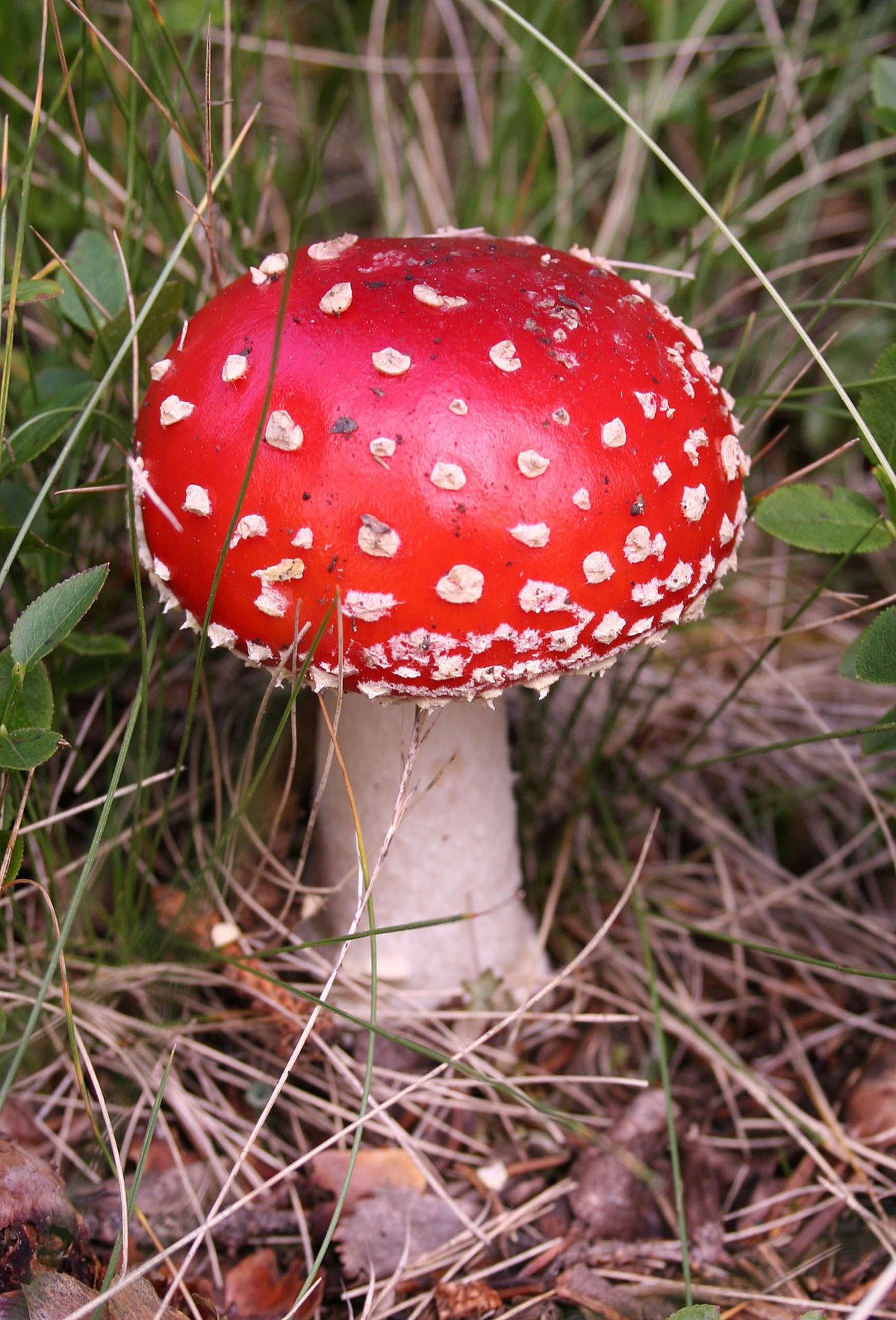No hard feelings at all bate, za ova ne priznavam, pechurka is the word! It is not Serb at all, that is a false assumption Sarafot, people in Lerin also use it and they were not under Serb occupation. Furthermore, people in Bulgaria use it also, so it cannot be 'Serbish', and if you think otherwise show me a dictionary or some other text that claims this word as 'Serb' by origin.
It is not Serb at all, that is a false assumption Sarafot, people in Lerin also use it and they were not under Serb occupation. Furthermore, people in Bulgaria use it also, so it cannot be 'Serbish', and if you think otherwise show me a dictionary or some other text that claims this word as 'Serb' by origin.
Also, Prilepcani say Makedonci as Makedonci, they often substitute the letter 'kj' (not 'k') with 'ch'.
 It is not Serb at all, that is a false assumption Sarafot, people in Lerin also use it and they were not under Serb occupation. Furthermore, people in Bulgaria use it also, so it cannot be 'Serbish', and if you think otherwise show me a dictionary or some other text that claims this word as 'Serb' by origin.
It is not Serb at all, that is a false assumption Sarafot, people in Lerin also use it and they were not under Serb occupation. Furthermore, people in Bulgaria use it also, so it cannot be 'Serbish', and if you think otherwise show me a dictionary or some other text that claims this word as 'Serb' by origin.Also, Prilepcani say Makedonci as Makedonci, they often substitute the letter 'kj' (not 'k') with 'ch'.



 .......I would like to show an interesting comparison. Below is the sentence "I want to go outside" written in East, West and South Slavic languages, and compared to Macedonian.
.......I would like to show an interesting comparison. Below is the sentence "I want to go outside" written in East, West and South Slavic languages, and compared to Macedonian.
Comment